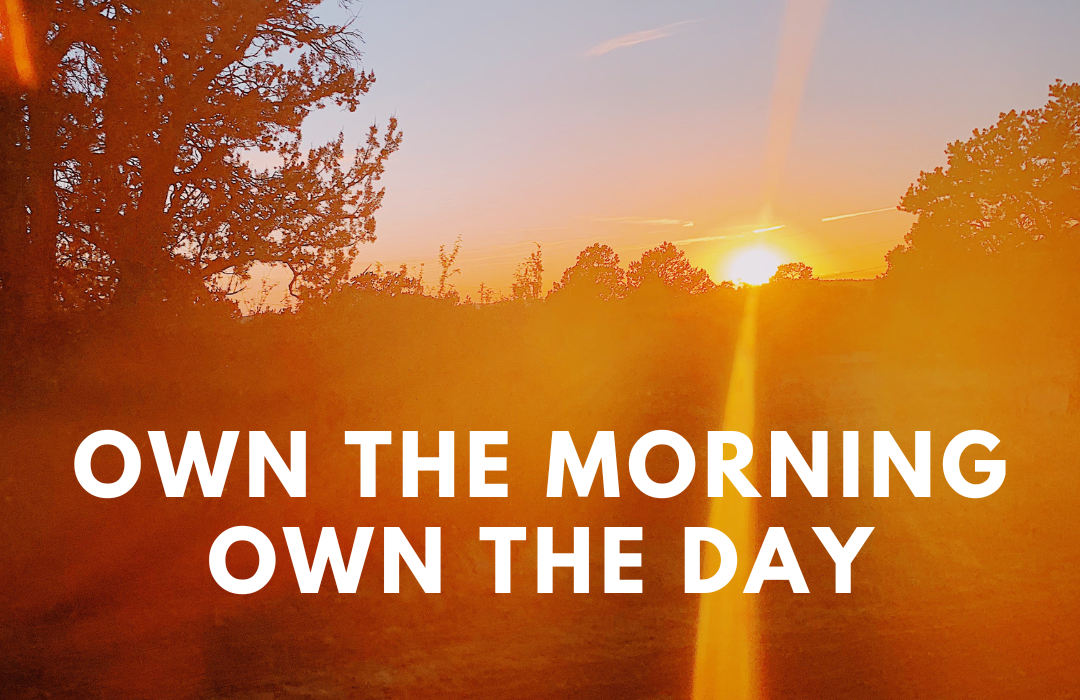I’ve never been a morning person. I need time to wake up, and without two or three cups of coffee, I can’t even think about interacting with anyone. Mornings felt like a necessary evil – just something to get through before the day really began.
Meeting Tim: A Turning Point
 During my time in Prague, I spent nearly a year and a half living in a hotel. After a while, you start recognizing the regulars, the staff, and the familiar faces at the bar. I even had my own reserved seat. Something the bartender jokingly referred to as my ‘office.’ Tim and I had seen each other many times before, frequently crossing paths at the bar, but we had never actually spoken. Tim wasn’t much of a talker. Me neither after a long day of work.
During my time in Prague, I spent nearly a year and a half living in a hotel. After a while, you start recognizing the regulars, the staff, and the familiar faces at the bar. I even had my own reserved seat. Something the bartender jokingly referred to as my ‘office.’ Tim and I had seen each other many times before, frequently crossing paths at the bar, but we had never actually spoken. Tim wasn’t much of a talker. Me neither after a long day of work.
One evening, after a particularly long day, I settled into my usual spot, exhausted but enjoying the routine comfort of my surroundings. Tim sat down beside me. At first, our conversation was light – work, travel, the usual small talk. But as we spoke, I quickly realized that Tim had a keen ability to read people, to understand what made them tick. He wasn’t just another business traveler; he was an observer of habits, someone who had spent years analyzing the behaviors of high performers.
That evening, I mentioned how sluggish I always felt in the mornings, how I struggled to get going no matter how much coffee I consumed. Tim listened carefully, then leaned in slightly and asked a question that stuck with me:
“How do you set the tone for your day?”
I had no answer. My mornings were rather a mess. Emails, social media or whatever urgent thing popped up first. I was constantly reacting, never in control. Over the following nights, as we continued our conversations, Tim looked around the bar, observing people, the way they carried themselves, how they spoke about their work and most notably, how they approached their mornings. He shared with me the patterns he had seen in high performers, people who didn’t just start their day – they designed it with intention.
It became clear: the most successful people don’t just react to their mornings. They own them.
How High Performers Start Their Day
Successful people don’t leave their mornings to chance. They follow structured routines that maximize their focus, energy and clarity. Tim shared something insightful: after years of observing and coaching high achievers, he had identified five key principles that set them apart.
1. They Begin with a Clear Mind
High performers intentionally dedicate time for mindfulness – whether through meditation, journaling, or quiet reflection. This deliberate practice acts as a mental reset, allowing them to transition into the day with a sense of clarity and purpose rather than chaos. By centering their thoughts, they cultivate focus, resilience and a proactive mindset that carries through the rest of the day.
I added few minutes of each affirmation and gratitude to my routine and honestly in the beginning I thought this is not really moving any needle. I was extremely sceptical of a measurable outcome of this – until I first time forgot about this for few days in the row. Then I felt the mental impact of not doing it.
Try this: Before picking up your phone, spend five minutes writing down your thoughts, intentions or things you’re grateful for.
2. Movement Comes First
Engaging in a physical activity as the first thing in the morning – whether it’s a refreshing walk, an invigorating workout or a few mindful stretches – acts as a catalyst for the entire day. Movement stimulates circulation, wakes up the nervous system and enhances cognitive function, setting the stage for sharper focus and sustained energy. This intentional practice primes the brain for peak performance, fosters a sense of discipline and instills a proactive mindset that carries through every task and challenge ahead.
Try this: Do some light stretching, take a short walk, or do a quick workout to activate your body and mind.
3. They Plan Before the Chaos Begins
Before diving into the flood of notifications or getting swept up in reactive tasks, high performers intentionally carve out a moment to set their priorities. They take a deliberate pause to reflect on their objectives and identify the single most impactful goal for the day. By establishing this clear focal point early on, they ensure that their most meaningful work progresses, even when the rest of the day becomes unpredictable and chaotic. This proactive approach empowers them to operate with intention rather than simply responding to external demands.
Try this: Identify at least one major goal for the day before checking any notifications.
4. They Fuel Their Bodies for Sustained Energy
High performers are intentional about their nutrition, steering clear of sugar-laden foods that trigger energy crashes. Instead, they prioritize protein-rich, nutrient-dense meals that provide sustained energy and enhance cognitive function. A well-balanced breakfast fuels the body, stabilizes blood sugar levels, and sharpens mental clarity, ensuring a strong and productive start to the day.
Try this: Start your morning with a protein-based meal and hydrate with a bottle of water before reaching for coffee.
5. They Control Their First Hour
Rather than allowing urgent emails or back-to-back meetings to dictate the start of their day, successful individuals intentionally dedicate their first hour to purposeful activities – whether it’s deep reading, strategic thinking or focused creative work. This sacred window serves as a foundation, enabling them to operate with clarity, confidence and control. By proactively shaping the first moments of their day, they set the tone for sustained productivity and meaningful progress, rather than falling into a cycle of reactive firefighting.
Try this: Designate the first 60 minutes of your morning for activities that set a positive tone – reading, brainstorming or deep work.
Designing Your Optimal Morning Routine
The key lesson I learned from Tim was that it’s not about copying someone else’s routine but about crafting one that aligns with your personal energy and priorities. A good morning routine should be structured but flexible enough to adapt as your needs evolve. The routine is there to serve you, not the other way around. The process is a continuous cycle of trial and error.
Step 1: Assess Your Natural Rhythms
Before creating a routine, understand your body’s energy patterns. Are you naturally energetic in the morning, or do you need time to wake up? Identify when you feel most focused and productive to build a routine that aligns with your strengths.
Step 2: Choose Your Essential Morning Habits
Think about the activities that help you feel focused, energized and prepared for the day. Based on Tim’s lessons, consider including:
-
- Mindfulness (meditation, journaling, quiet reflection)
-
- Movement (stretching, walking or a workout)
-
- Strategic Planning (setting your top priorities before checking emails)
-
- Nutrition (a high-protein breakfast and hydration)
-
- Focused Work (dedicating time to deep, meaningful tasks before distractions begin)
Step 3: Structure Your Routine for Consistency
Decide on the order of your activities and set a time frame. While you don’t need to follow an exact schedule, having a structured flow helps you stay consistent.
Step 4: Adapt for Changing Environments
I always struggled with maintaining my morning routine while traveling for business. Instead of forcing a rigid structure, I learned to create a business trip morning routine – a reduced list of essential habits that helped me stay grounded without the pressure of perfection.
Step 5: Stay Flexible and Adjust Over Time
Adapt to your environment, simplify when necessary, and embrace the reality that progress sometimes requires adjusting expectations.
My First Morning Breakthrough
Before we wrapped up that evening, Tim extended an invitation: “Join me tomorrow morning at the hotel gym.” I hesitated, I always carried my training clothes in my baggage, but rarely used them. However, this time, I decided to keep my promise.
The next morning at 6:00 AM, I met Tim at the gym, and we did a 30-minute workout together. After a refreshing shower, we met again at breakfast. The change was real – I felt awake, engaged and, for the first time, able to hold a conversation without needing my usual coffee fix. It felt like I had already been awake for three hours, even though my day had just started.
Since that day, morning movement has become a non-negotiable for me.
What’s one change you’ll make to your morning routine starting tomorrow? Share in the comments – I’d love to hear how you’re optimizing your start to the day!









